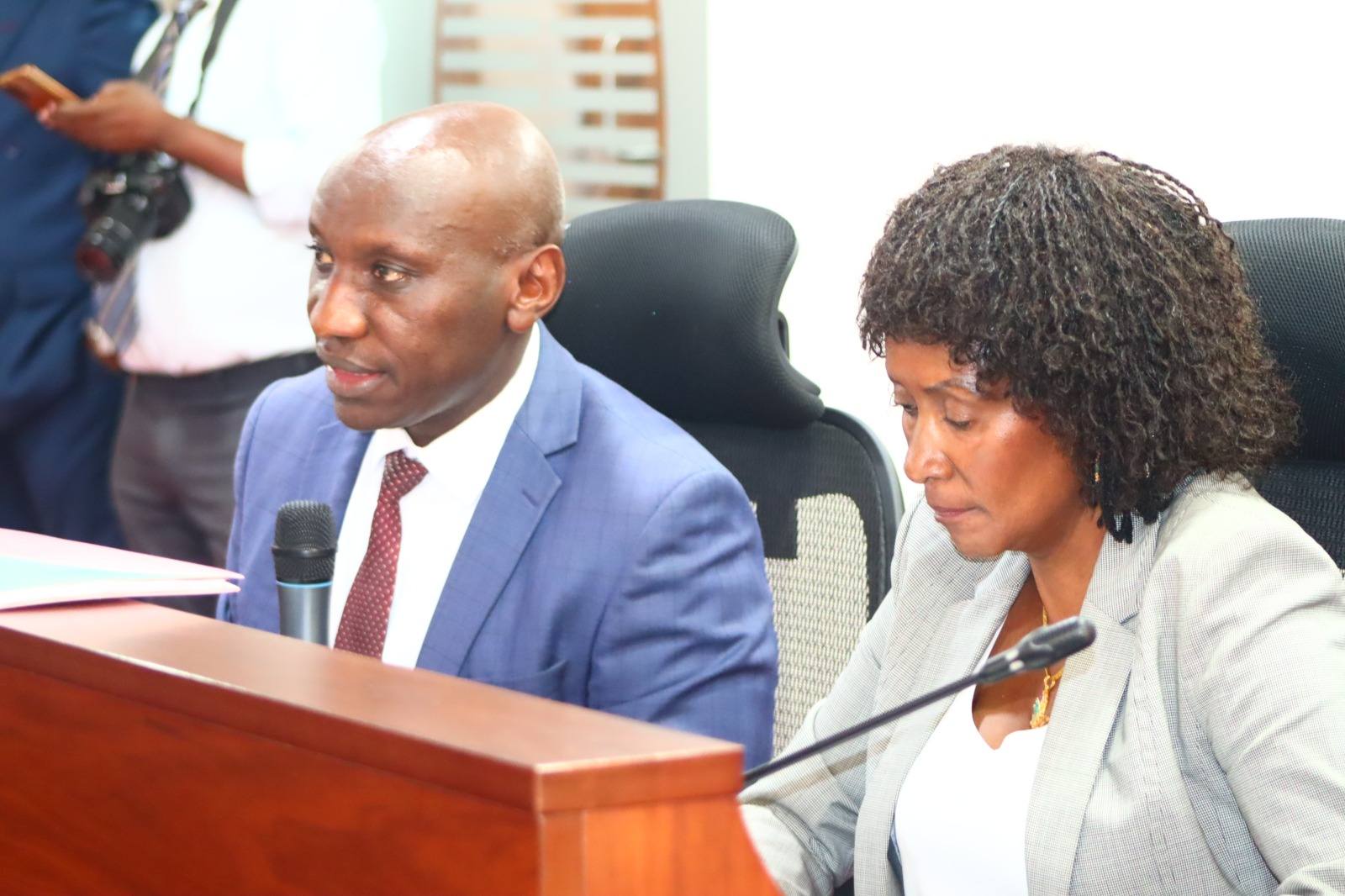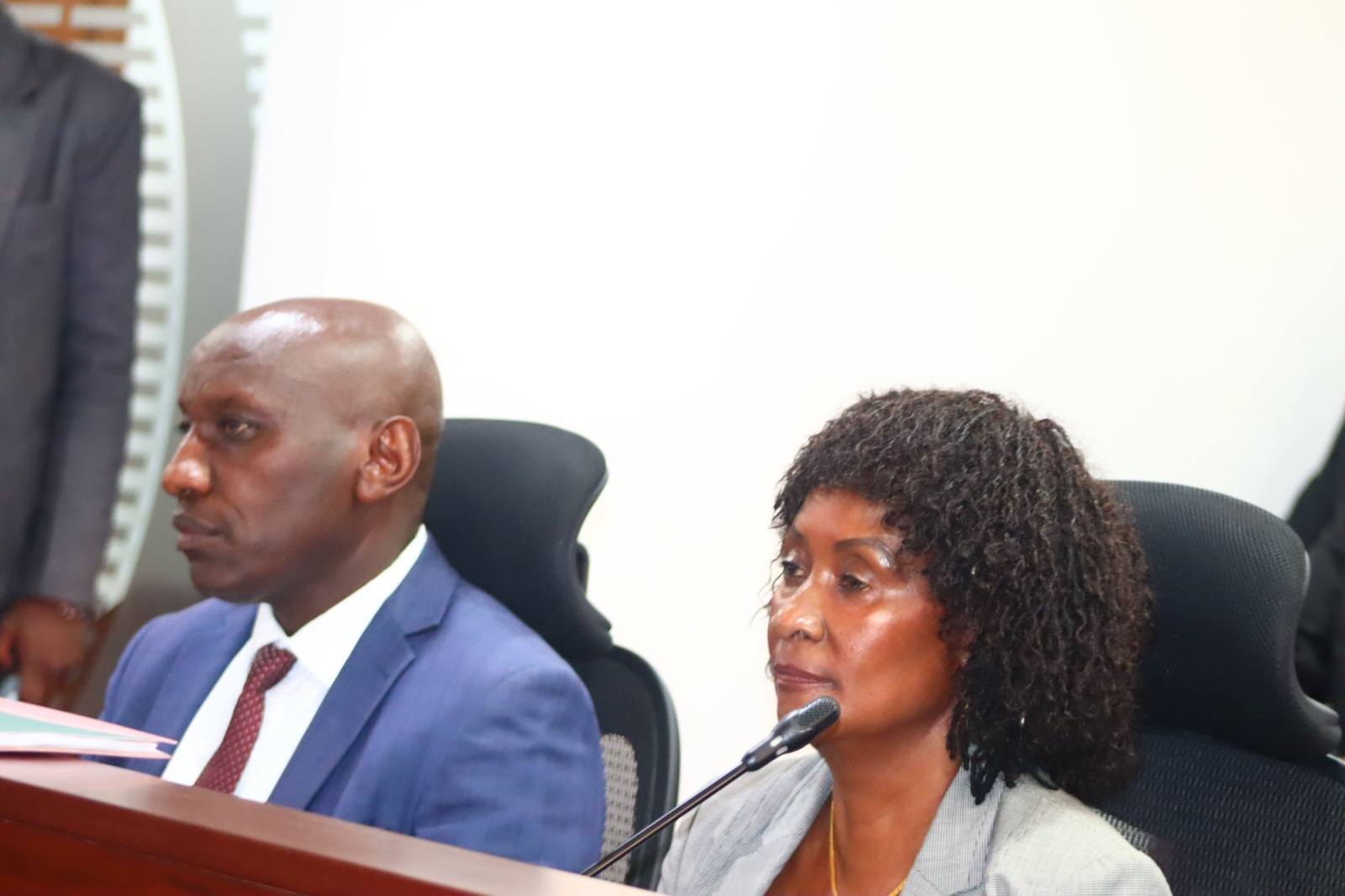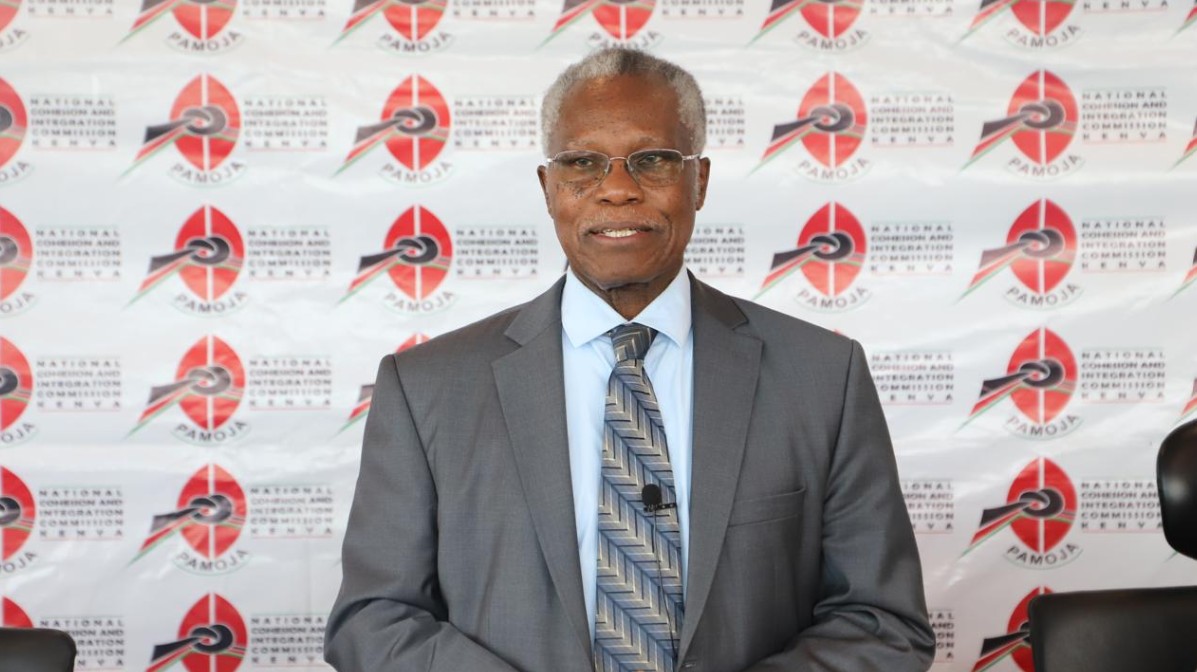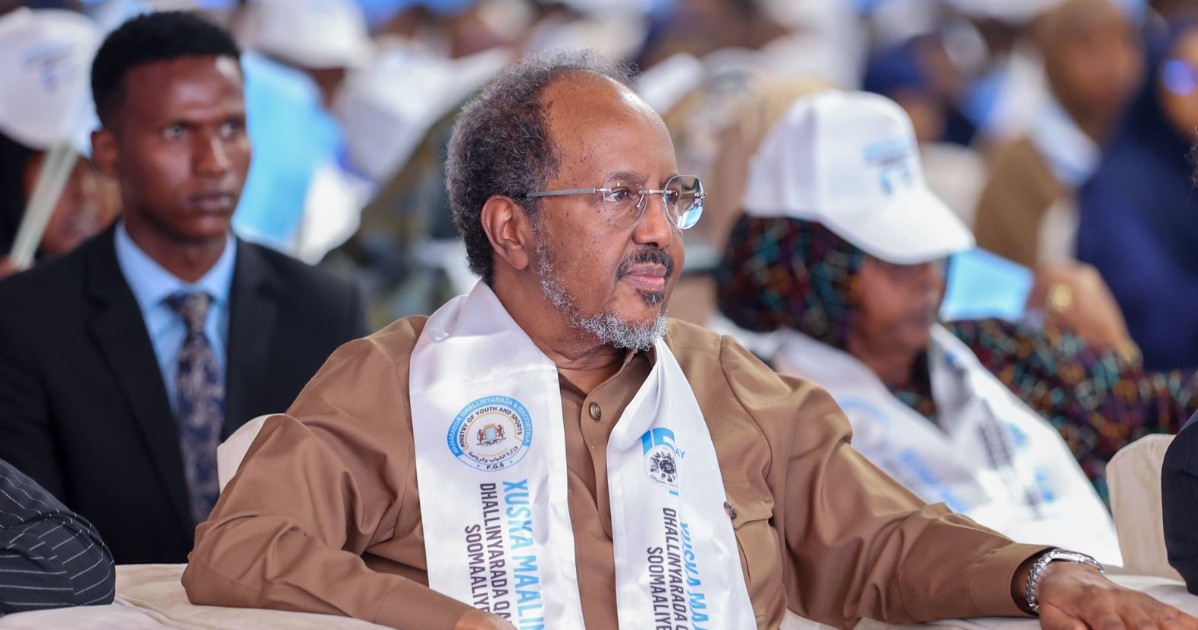Over 5,000 teacher promotions, zero merit? MPs turn up the heat on TSC

MPs accused the commission of favouring regions associated with its top officials, leaving out thousands of teachers who have served for years without career growth.
The Teachers Service Commission has three days to explain how more than 5,000 teachers were promoted without meeting the mandatory three-year requirement in their respective grades, triggering a storm in the National Assembly over possible bias and manipulation of the promotion process.
During a tense session with the National Assembly's Departmental Committee on Education, MPs accused the commission of favouring regions associated with its top officials, leaving out thousands of teachers who have served for years without career growth.
More To Read
The committee said it would not tolerate a process that sidelines some counties while disproportionately elevating others.
“You have not answered our questions,” said committee chair Julius Melly.
“What this committee and the teachers want is a comprehensive three-year promotional data set, including the list of all teachers interviewed, their scores, and interview outcomes, as well as a list of those promoted in the current cycle who were also promoted in the last three years—with data on age, gender, and ethnicity,” he added.
The MPs raised alarm over the promotion of 5,291 teachers who had not served for the required minimum period.
According to Lugari MP Nabii Nabwera, the numbers showed a skewed distribution across regions, fuelling suspicions that commissioners shared the slots among their home areas.
“I cannot understand how some areas like Lamu West could promote 202 teachers and others with more than 4,000 teachers promote less than 60... even the number of schools in Lamu West is not a quarter of what I have,” Nabwera said.
Igembe North MP Julius Manaiba also raised concerns over the criteria used.
“When you look at these promotions, it looks like they were shared by commissioners. I come from a constituency where only 30 teachers were promoted, and I would like to know the population of teachers in the sub-county. What informs the promotion criteria?” he posed.
Committee members demanded detailed documentation, including interview records, service durations, and breakdowns by sub-county.
They dismissed the data presented so far as misleading and incomplete.
 Teachers Service Commission chairperson Jamleck Muturi and CEO Nancy Macharia before the National Assembly's Departmental Committee on Education at Bunge Tower, Nairobi on May 20, 2025. (Photo: Parliament)
Teachers Service Commission chairperson Jamleck Muturi and CEO Nancy Macharia before the National Assembly's Departmental Committee on Education at Bunge Tower, Nairobi on May 20, 2025. (Photo: Parliament)
“The figures appear skewed. This document falls short. A quick analysis shows that the data favours certain areas disproportionately,” Nabwra stated.
TSC chairperson Jamleck Muturi, CEO Nancy Macharia, and Director of Legal, Labour and Industrial Relations Calvin Anyuor led the Commission's delegation to the National Assembly.
The officials admitted that a waiver had been applied, reducing the required three years in grade to as little as six months due to staffing challenges.
Macharia defended the waiver, saying, “The commission’s decision was also informed by the need to minimise delocalisation of teachers, enabling them to serve within their localities where possible and to progressively promote administrators in acting capacities to substantive grades.”
She added that both Arid and Semi-Arid Lands and non-ASAL counties lacked adequate applicants who met the three-year threshold, forcing the commission to adjust the rule to allow promotions to proceed.
“For example, in grade D3 (principal), the analysis showed that there were no adequate teachers in grade D2 who had served for the requisite three years. In this regard, a waiver was granted from three years to six months in all 47 counties to attract applicants. In addition, for the Deputy Principal III (D1) position, the commission waived the three-year requirement for 18, including Migori, Narok, Busia, Bomet, Homa Bay, Kwale and Mandera,” Macharia told the committee.
She said the promotion policy also considered affirmative action, achieving a gender balance of 47.04 per cent female and 52.96 per cent male. In addition, 1,275 teachers with disabilities were promoted.
Despite the explanation, several MPs remained unconvinced, pointing to inconsistencies in sub-county data and what they called duplication of beneficiaries. Busia County was cited as an example, with lawmakers questioning why a non-existent sub-county was listed.
MP Phylis Bartoo demanded answers over glaring regional disparities. “We cannot have a process where a few teachers are promoted repeatedly while others wait for decades.”
Committee members, including Mary Emaase and Dick Maungu, questioned the credibility of the commission’s data, calling it unreliable and full of errors.
They also demanded an audit trail of the interview results and job group transitions across the board.
TSC Director of Legal Affairs, Calvin Anyuor, told the committee that a soft copy of the list had been submitted, but MPs pressed for disaggregated, verifiable records showing length of service and regional breakdowns.
MPs have now given the commission until May 27, Tuesday next week, to submit complete and accurate records.
They demanded the data three days before the scheduled meeting, warning that failure to comply could lead to further action.
“The issues raised need to be addressed. We meet on Tuesday next week, and we will require information three days before so that we can be able to interrogate it, and that will be the last meeting before we go to the next course of action,” Melly said.
The committee wants to see a full list of those promoted, details of their interview performance, length of service, and how many times each teacher has benefited from past promotions.
It has also asked for the raw data per sub-county and demographic breakdowns, including gender, age, ethnicity, and disability status.
Top Stories Today












































